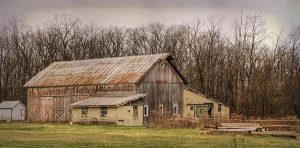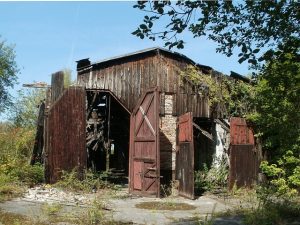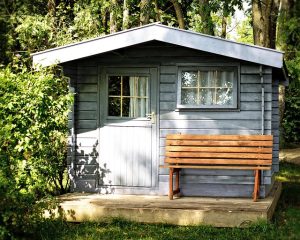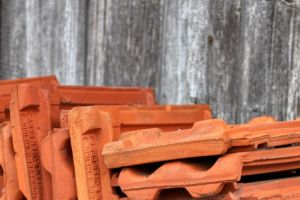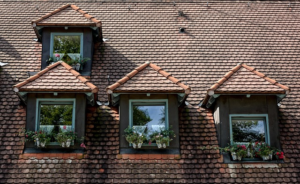Local Shed Builders: Steeline’s Eco-Friendly Approach to Colorbond Sheds and Waste Reduction
Local shed builders are increasingly adopting sustainable practices in construction, leveraging eco-friendly methods and materials like colorbond sheds from companies such as Steeline to minimize environmental impact. These practices include sou…….
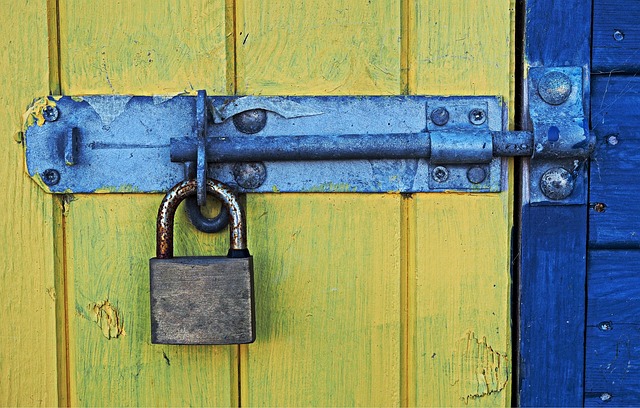
Local shed builders are increasingly adopting sustainable practices in construction, leveraging eco-friendly methods and materials like colorbond sheds from companies such as Steeline to minimize environmental impact. These practices include sourcing local materials, which reduces transportation emissions, and utilizing durable, low-maintenance materials that conserve resources over time. Colorbond sheds, made from recyclable steel with a thermoplastic coating, offer significant environmental benefits by cutting down on the need for preservation chemicals and reducing long-term resource consumption. By choosing local manufacturers like Steeline, shed builders not only support the community but also contribute to lowering carbon footprints through reduced transportation emissions. Steeline's commitment to sustainable production and regional manufacturing further enhances these benefits by optimizing efficiency and energy use, ensuring a marked decrease in waste and promoting responsible resource management. This approach not only delivers high-quality colorbond sheds but also positions shed builders as stewards of the environment, contributing to the preservation of ecosystems and biodiversity through sustainable building practices.
Steeline’s approach to local manufacturing and shed construction offers a blueprint for environmental stewardship. By leveraging the expertise of skilled shed builders, Steeline’s operations prioritize sustainability, reducing transportation emissions and minimizing waste through efficient resource management. The benefits extend to supporting biodiversity, as evidenced by their commitment to regional manufacturing. This article explores how colorbond sheds serve as a durable solution in eco-friendly construction, underscoring the significance of ‘shed builder’ expertise in mitigating environmental impacts and fostering green practices within the industry.
- Harnessing Sustainability: The Role of Local Shed Builders in Eco-Friendly Construction
- Colorbond Sheds: A Durable Choice for Reducing Environmental Impact
- Cutting Transportation Emissions: Proximity and Efficiency in Local Manufacturing
- Waste Reduction and Resource Management in Local Shed Production
- Supporting Biodiversity with Steeline's Commitment to Regional Manufacturing
Harnessing Sustainability: The Role of Local Shed Builders in Eco-Friendly Construction
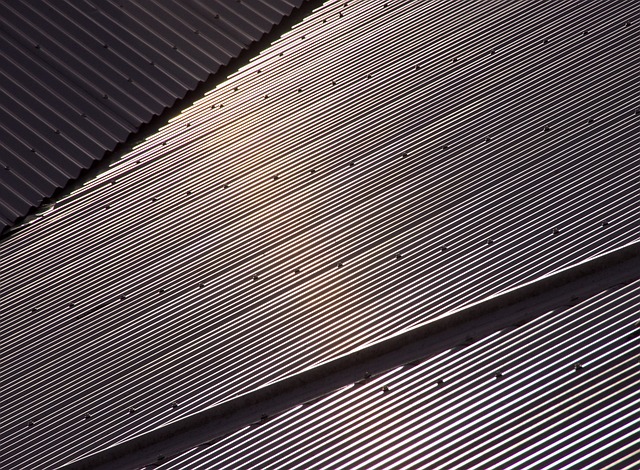
Local shed builders play a pivotal role in promoting sustainability through eco-friendly construction practices. By opting for locally sourced materials and engaging with skilled craftsmen who understand the environmental implications of their work, these builders contribute significantly to reducing the carbon footprint associated with transportation and production. For instance, partnering with providers like Steeline, which offer durable and versatile colorbond sheds, ensures that the structures are not only built to last but also incorporate sustainable materials that have a lower environmental impact. The use of Colorbond steel, known for its long lifespan and minimal maintenance requirements, significantly cuts down on the need for replacement materials, thus conserving resources. Moreover, by maintaining a local presence, shed builders can optimize their operations to recycle waste and implement energy-efficient practices, further lessening the ecological footprint of each project. This approach not only supports the local economy but also ensures that construction activities align with environmental stewardship, making it a win-win for both the community and the planet.
Colorbond Sheds: A Durable Choice for Reducing Environmental Impact
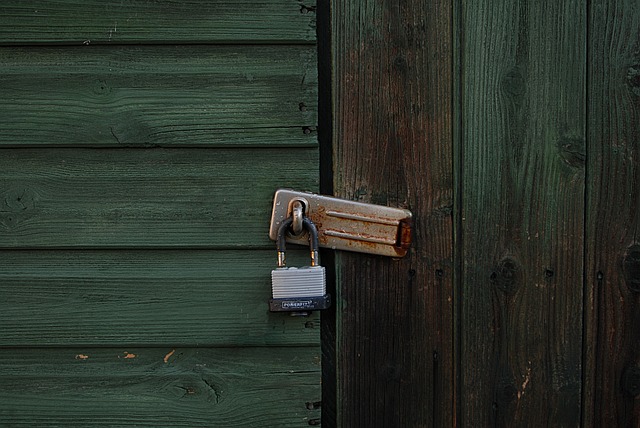
Choosing Colorbond sheds as an alternative to traditional materials presents a significant environmental advantage when it comes to construction projects, particularly in residential and commercial contexts. These sheds are constructed from steel that’s coated with a durable, thermoplastic coating, which makes them resilient and long-lasting. Unlike wood or other organic materials, Colorbond sheds require less maintenance over their lifespan, reducing the need for resources such as paint, sealants, and chemicals typically used for preservation. Moreover, the steel used in these structures is often made from recycled content, further minimizing the environmental footprint. A skilled shed builder can expertly craft these sheds to withstand harsh weather conditions without compromising on sustainability. The longevity of Colorbond sheds also means they have a lower replacement rate compared to other materials, which translates to less waste and a more sustainable building solution. By opting for local manufacturers like Steeline, the environmental benefits are amplified as transportation emissions are reduced, and support for the local economy is enhanced. This aligns with a growing trend towards sustainable practices in manufacturing and construction, making Colorbond sheds an environmentally conscious choice for those looking to reduce their carbon footprint while maintaining quality and durability.
Cutting Transportation Emissions: Proximity and Efficiency in Local Manufacturing
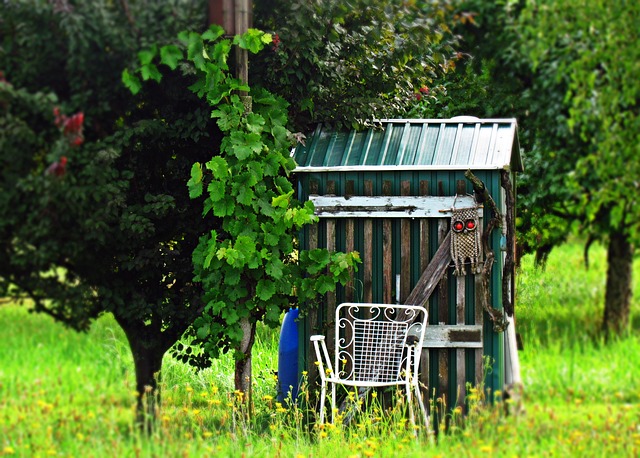
Embracing local manufacturing, particularly with companies like Steeline that specialize in colorbond sheds and other steel building solutions, presents a significant opportunity to reduce transportation emissions. By operating closer to consumers, the distance products must travel is minimized, which inherently cuts down on carbon footprints associated with logistics. Shed builders who source materials from nearby manufacturers can directly impact the environment by eliminating long-distance trucking, a major contributor to greenhouse gas emissions. Steeline’s commitment to sustainability through efficient production processes ensures that their colorbond sheds and related products are produced with minimal environmental impact. The proximity of local manufacturing facilities not only streamlines operations but also enhances the efficiency of resource utilization, leading to less waste and a more sustainable practice overall. This local approach to manufacturing is instrumental in promoting environmental stewardship within the construction industry, particularly for projects involving shed building.
Waste Reduction and Resource Management in Local Shed Production
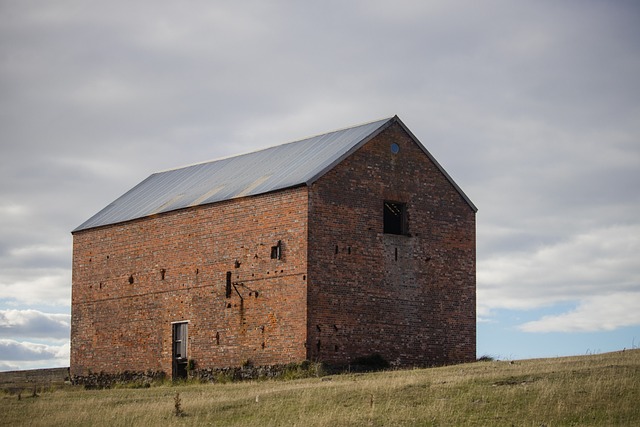
Supporting Biodiversity with Steeline's Commitment to Regional Manufacturing

Steeline’s dedication to local manufacturing has far-reaching environmental benefits, one of which is supporting biodiversity. By producing colorbond sheds and other steel structures closer to where they are needed, Steeline minimizes the carbon footprint associated with transportation. This reduction in logistics emissions is crucial for preserving ecosystems and maintaining the delicate balance of biodiversity. The proximity of manufacturing sites allows for more efficient use of materials and a significant decrease in energy consumption compared to long-distance shipment. Moreover, the regional focus enables Steeline to engage with local environmental initiatives, ensuring that their operations contribute positively to the conservation of natural habitats and the protection of native species. Local manufacturers like Steeline can make a substantial difference in safeguarding biodiversity by adopting sustainable practices that align with the needs of the immediate environment. Shed builders who opt for Steeline’s products are not just investing in durable, high-quality structures; they are also becoming part of a larger effort to promote environmental sustainability and preserve the richness of local flora and fauna.
In conclusion, Steeline’s commitment to local manufacturing not only bolsters regional economies but also significantly contributes to environmental sustainability. By leveraging the expertise of skilled shed builders, Steeline’s colorbond sheds offer a durable and eco-conscious option for various applications. The reduction in transportation emissions through proximity-based production is a notable advantage, as is the effective waste reduction and resource management inherent in the local shed production process. Steeline’s regional manufacturing approach also supports biodiversity, aligning with broader environmental goals. Embracing sustainable practices in construction and manufacturing, Steeline exemplifies how a focus on local can lead to global environmental benefits, setting a precedent for others in the industry.
